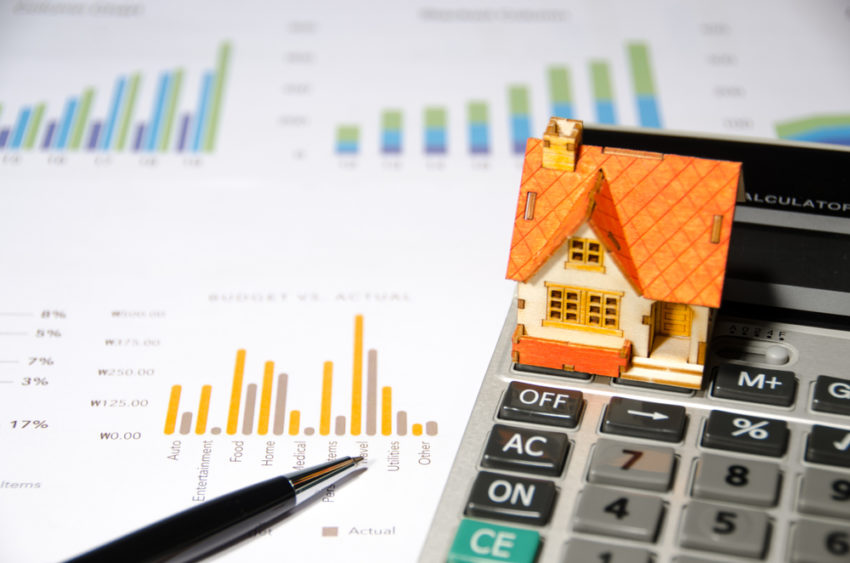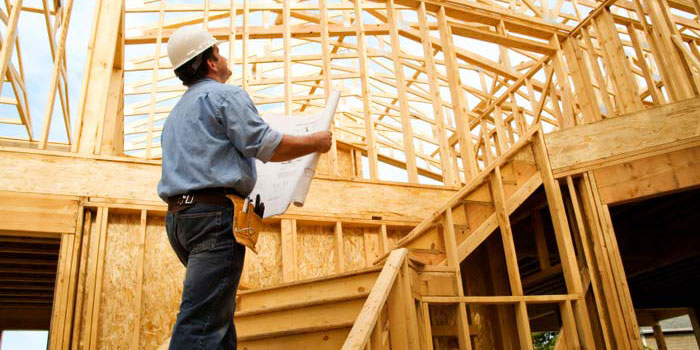Purchasing a repossessed house before the mortgage crisis of 2007-2009 was a complicated process. Those looking for a deal on the real estate had to keep up with courtroom auctions or comb through mountains of legal documents.
The aftermath of the subprime mortgage crisis resulted in an influx of accessible homes and simplified processes for locating and purchasing them. Currently, it's a lot like looking for any other kind of house. Even though foreclosure rates have decreased, properties are still available in almost every real estate market in the United States.
Guide to Buying Foreclosed Properties

Multiple listing service websites and print magazines, online real estate searches, bank offices and websites, local newspapers, and other sources are all excellent places to look for foreclosed houses. A property's foreclosure status may not be promoted in regional multiple listing services; instead, it may be included in the description. A quicker method is to use foreclosure-focused portals like Fannie Mae's HomePath.com. 2 Foreclosure listings can also be found on the online pages of some banking organizations, such as Bank of America.
Varieties of Foreclosure Sales

Finding a foreclosed house depends on where it is in the foreclosure process. During the initial phases of the foreclosure process or a short sale, the property may still be owned by the original homeowner, the bank, or the Government. Here are some examples of foreclosures and how to go about purchasing them:
Pre-Foreclosures
After a mortgage lender has notified the borrowers of their delinquency but before the property is put up for auction, the property is said to be in pre-foreclosure. A real foreclosure action can devastate a homeowner's credit and financial future, but if they can sell their house during this period, they may be able to prevent this. There are usually notices of impending foreclosure posted in the public records sections of local courthouses.
Short Sales
Lenders may approve a short sale even if the borrowers are not technically in default. However, individuals usually need proof of financial difficulty likely to result in bankruptcy, like job loss. The home must be posted for sale, and the lender must agree to "sell the property shortly," meaning they will take less than what is due.
Sherriff's Sale Auctions
After a borrower has been given notice of default and a grace period to bring their mortgage payments current, the lender may proceed to a sheriff's sale auction. A loan in bankruptcy might be sold at auction, so the lender can get their money back as soon as possible. Local law enforcement will often oversee these auctions, which take place on the courtroom steps.
Bank-Owned Real Estate
If a home doesn't sell at auction, the bank can reclaim it. In other words, they change their status to that of real estate. The REO section of the financial institution often handles these kinds of properties. Bank-owned homes may be found in large numbers on websites like RealtyTrac, which can be browsed by location.
Real Estate Held by the Government
The Federal Government backs mortgages for some property purchases via agencies like the Federal Housing Administration or the Department of Veterans Affairs (VA) (VA). When properties go into foreclosure, the Government takes ownership and sells them through a network of real estate brokers. It would be best if you went via a licensed broker to buy a piece of government-owned land.
Reasons Why Foreclosed Homes Are More Affordable
Foreclosed homes typically have a marked-down price that makes them more attractive to potential buyers than homes in the same neighborhood that have not been foreclosed on. In most cases, foreclosed properties are sold at a significant reduction from their market value, the exact amount of which varies from place to place. The seller could throw in extras like waiving the appraisal charge and covering a portion of the closing costs to sweeten the deal.
The Verdict
Foreclosed properties may have a tempting appearance at first glance. However, expenses are not always predictable, and properties may have hidden damage that makes them unattractive. Some potential buyers may have second thoughts due to the time it takes to consummate a sale, while others may be discouraged by the high demand for affordable foreclosed homes. Foreclosed properties might turn out to be fantastic bargains. Typically unavailable houses are made accessible to buyers at prices below market value.



